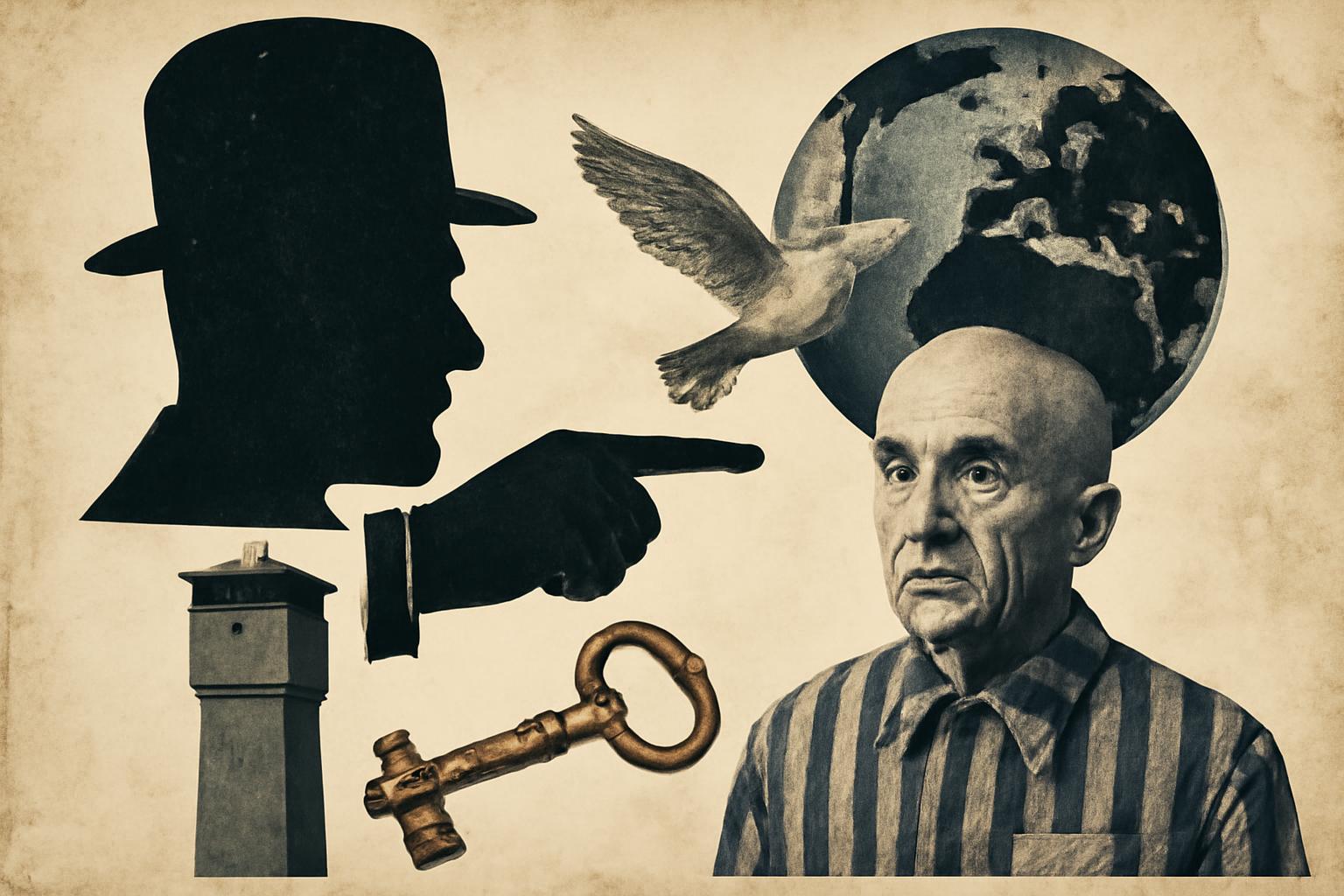A project is assembling roughly 16,000 profiles of Nazi victims tied to coerced medical research, concentration camp experiments, euthanasia, prisoners of war, and civilian organ harvesting, with about 13,000 profiles still incomplete. In Munich, thousands joined a remembrance effort, and an English-language database will publish some basic details—names and life dates—with an interactive map showing scale and geography. Researchers and others can request access to more sensitive histories. It builds on work from Oxford Brookes University and a Max-Planck-Gesellschaft project on brain research in the NS era, with MPI funding of several million euros since 2017.
From a libertarian vantage, this sort of memory project is a double-edged sword. On one hand, it honors individual victims and acknowledges crimes against persons, which conscience and reason should demand. On the other hand, the way memory is organized here—large-scale data collection, centralized curation, and state-linked funding—risks entrenching coercive mechanisms that Hayek warned us about: the dispersion of knowledge is best handled by voluntary, decentralized processes, not by a technocratic memory bureaucracy that can steer public sentiment and policy from above. A spontaneous order of civil-society projects—museums, archives, private foundations, donor-driven initiatives—can preserve memory while avoiding the distortions that come from top-down control of what should be remembered and how.
Nozick would flag the rights issue plainly: even in the service of a noble end, memory projects must respect rights and property, and they cannot be funded or compelled by coercive taxation without consent. If taxpayers are involuntary contributors to a state-backed archive, that is a moral and political problem. If, instead, private philanthropy and voluntary contributions underpin the effort, with opt-in participation and clear controls by families or estates over what is included, then the project can serve remembrance without violating rights or expanding state power.
Rand would insist that memory must be grounded in objective reality and individual responsibility, not collective narratives imposed by institutions. While she would condemn the Nazi crimes, she would resist treating memory as a tool for state authority or collective guilt management. The project should empower individuals—families, researchers, donors—to participate on their own terms, with rigorous protection of data and a strict separation from coercive state influence. Her ethics would favor transparent governance, explicit consent for data use, and a rights-respecting framework that does not rely on state funding to validate the remembrance.
Practically, a libertarian approach would push for: voluntary funding and opt-in participation; robust privacy and family consent mechanisms for any sensitive histories; strict limits on data use to archival and scholarly purposes, with clear sunset or revocation rights; governance by independent civil-society boards rather than state bodies; and a decentralization of memory work so multiple private initiatives can compete to tell the stories with accuracy and integrity. If public interest remains a concern, it should be addressed only through voluntary, transparent contributions, not coercive taxation or centralized control.
In sum, the memorial project reflects a legitimate moral impulse to honor victims, but its current model risks turning memory into a state-facilitated instrument. A libertarian synthesis would preserve the humane aim while insisting that memory be stewarded through voluntary, rights-respecting, and decentralized channels, guided by Hayek’s caution about centralized knowledge, Nozick’s defense of individual rights against state coercion, and Rand’s insistence on rational, objective, and non-coercive means of honoring those who suffered under totalitarian power.
